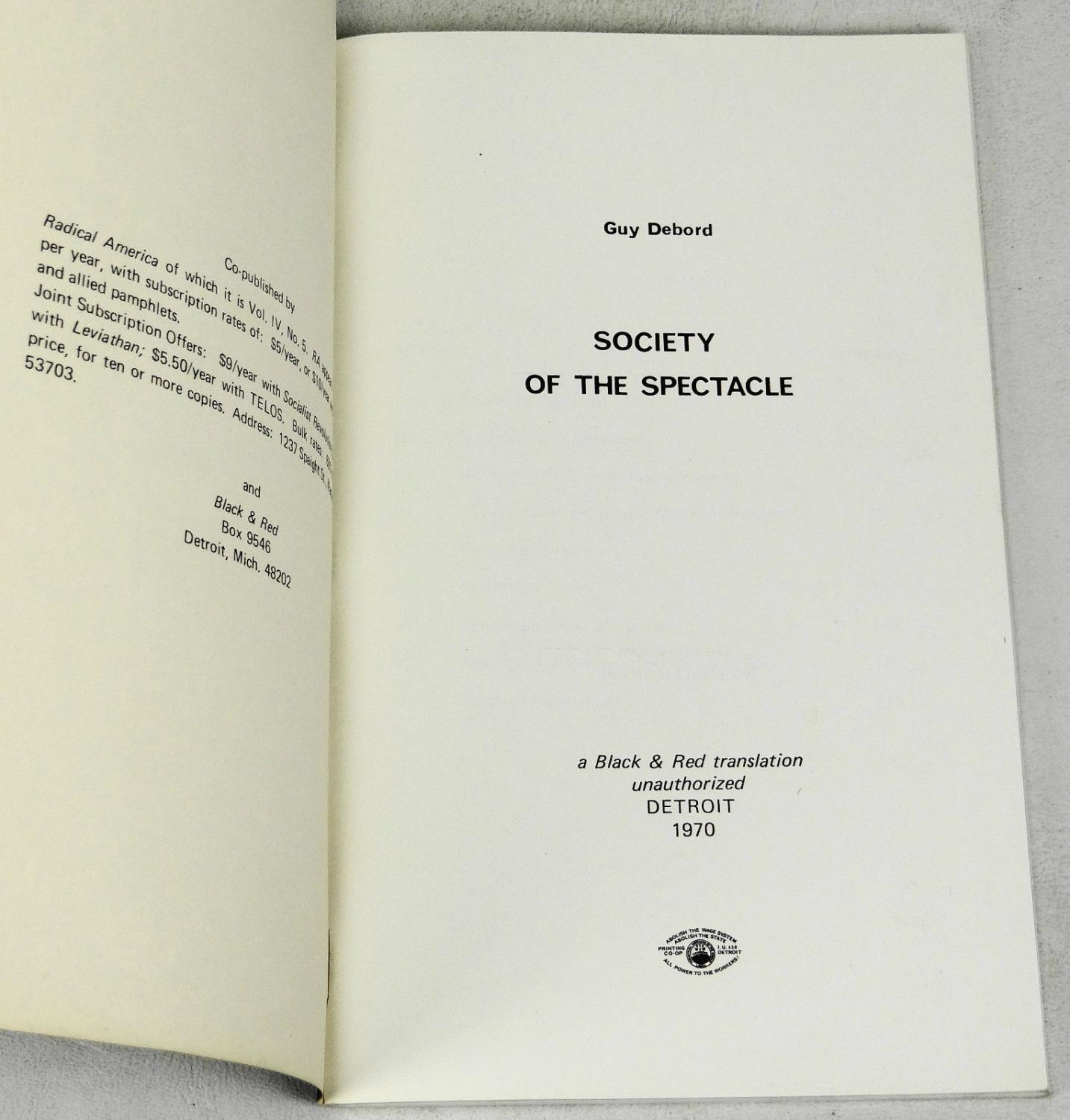
Some are in jail, some are in exile, and some no longer write, as no publications are left that will publish them. Now most Hong Kong journalists I know have fallen silent. I worked in Hong Kong’s once-cacophonous newsrooms and covered its boisterous protest rallies. This has its own logic the faster the blanket of silence is thrown over Hong Kong, the less time there is for criticism to take root, and the faster the next phase of transformation - whatever that may be - can be introduced.

The gagging of dissenting voices and editing of the past has happened at warp speed, mirroring the blink-and-you-miss-it modern news cycle. In Hong Kong the silence has set in much more quickly. But over the years, the state slowly excised all public memory of its killings. At first the government churned out propaganda that labeled those protests as a counterrevolutionary rebellion that had to be suppressed. Then, state-induced amnesia was imposed gradually. It’s the same playbook China used after violently crushing the 1989 pro-democracy demonstrations in Beijing. Revisionism - with its ancillary altering or obliteration of memory - is an act of repression. But authorities aren’t merely choking off future protest they are attempting to rewrite Hong Kong’s history. It was just one example of how Hong Kong, a global, tech-savvy city whose protests were once livestreamed around the world, is being transformed.

One participant said the protesters, who were opposed to a land reclamation project, were “ herded like sheep.” This odd spectacle last month was Hong Kong’s first authorized protest in three years - highly choreographed, surveilled and regulated, even though it was not an explicitly antigovernment demonstration, and a world away from the crowds that thronged streets in 2019 to protest China’s tightening grip on the city. The group of about 80 protesters wore numbered lanyards around their necks and cordoned themselves off with tape as they marched, like a crime scene in motion.


 0 kommentar(er)
0 kommentar(er)
